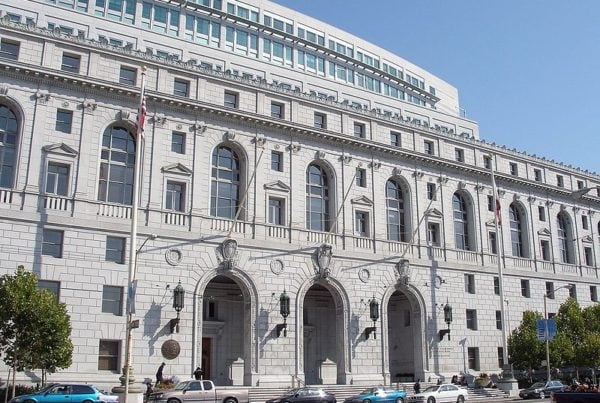Gov. Gavin Newsom signed an overhaul of California’s automobile defection bill on Sept. 29—with an announcement that the bill should become optional as soon as possible.
Assembly Bill 1755 reworks the Lemon Law by creating early paths to manufacturer buybacks of faulty vehicles, and increasing the legal burden to bring a case in court. It becomes active in April.
Newsom’s letter to the State Assembly announcing his approval of the bill said that bill authors have already agreed to change the bill next year. The amendments would make the changes optional, at the car manufacturer’s decision. If the manufacturer decides not to work under the new rules, they will work under California’s








